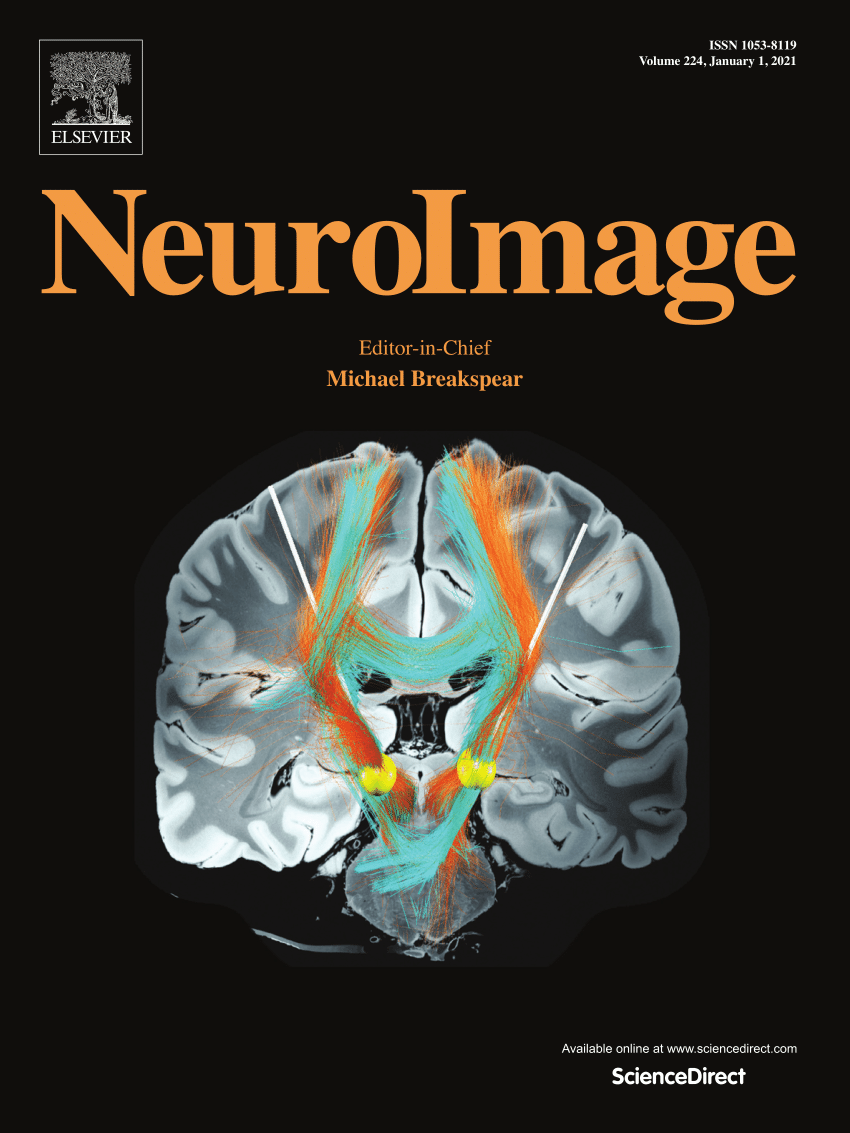Image-based meta- and mega-analysis (IBMMA): A unified framework for large-scale, multi-site, neuroimaging data analysis
IF 4.5
2区 医学
Q1 NEUROIMAGING
引用次数: 0
Abstract
The increasing scale and complexity of neuroimaging datasets aggregated from multiple study sites present substantial analytic challenges, as existing statistical analysis tools struggle to handle missing voxel-data, suffer from limited computational speed and inefficient memory allocation, and are restricted in the types of statistical designs they are able to model. We introduce Image-Based Meta- & Mega-Analysis (IBMMA), a novel software package implemented in R and Python that provides a unified framework for analyzing diverse neuroimaging features, efficiently handles large-scale datasets through parallel processing, offers flexible statistical modeling options, and properly manages missing voxel-data commonly encountered in multi-site studies. IBMMA successfully analyzed a large-n dataset of several thousand participants and revealed findings in brain regions that some traditional software overlooked due to missing voxel-data resulting in gaps in brain coverage. IBMMA has the potential to accelerate discoveries in neuroscience and enhance the clinical utility of neuroimaging findings.
基于图像的元和大分析(IBMMA):一个统一的框架,用于大规模,多地点,神经成像数据分析
由于现有的统计分析工具难以处理缺失的体素数据,计算速度有限,内存分配效率低下,并且能够建模的统计设计类型受到限制,因此,来自多个研究站点的神经成像数据集的规模和复杂性不断增加,这给分析带来了重大挑战。我们介绍了基于图像的Meta- Mega-Analysis (IBMMA),这是一个用R和Python实现的新颖软件包,它提供了一个统一的框架来分析不同的神经成像特征,通过并行处理有效地处理大规模数据集,提供灵活的统计建模选项,并适当地管理在多地点研究中经常遇到的缺失体素数据。ibm成功地分析了数千名参与者的大数据集,并揭示了一些传统软件由于缺少体素数据而导致大脑覆盖空白而忽略的大脑区域的发现。IBMMA有可能加速神经科学的发现,增强神经影像学发现的临床应用。
本文章由计算机程序翻译,如有差异,请以英文原文为准。
求助全文
约1分钟内获得全文
求助全文
来源期刊

NeuroImage
医学-核医学
CiteScore
11.30
自引率
10.50%
发文量
809
审稿时长
63 days
期刊介绍:
NeuroImage, a Journal of Brain Function provides a vehicle for communicating important advances in acquiring, analyzing, and modelling neuroimaging data and in applying these techniques to the study of structure-function and brain-behavior relationships. Though the emphasis is on the macroscopic level of human brain organization, meso-and microscopic neuroimaging across all species will be considered if informative for understanding the aforementioned relationships.
 求助内容:
求助内容: 应助结果提醒方式:
应助结果提醒方式:


